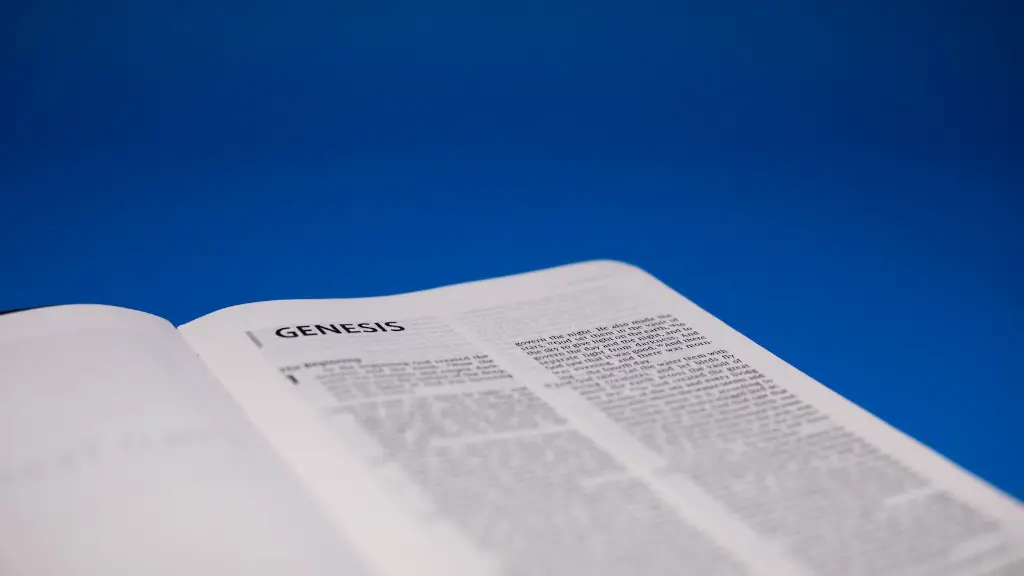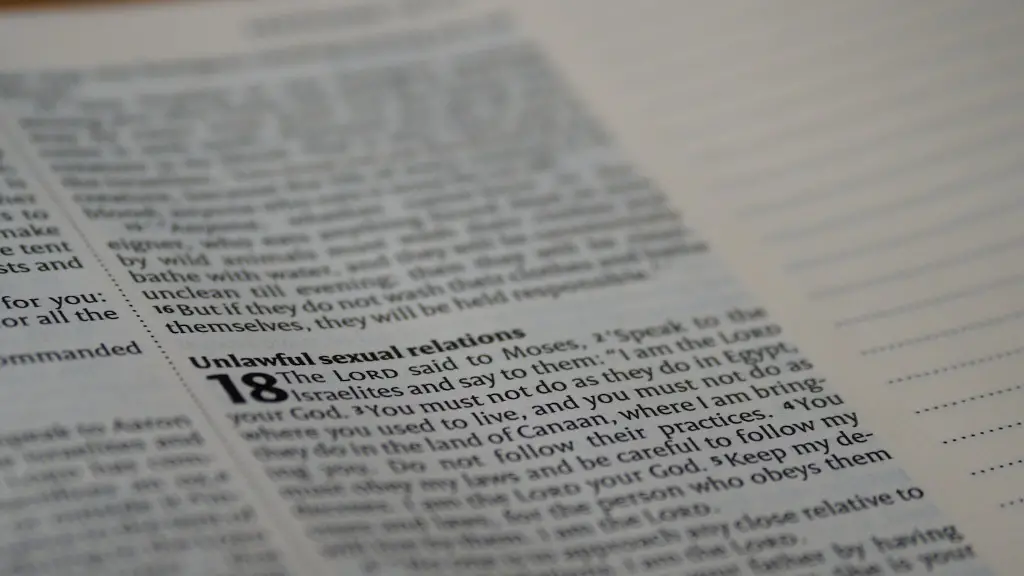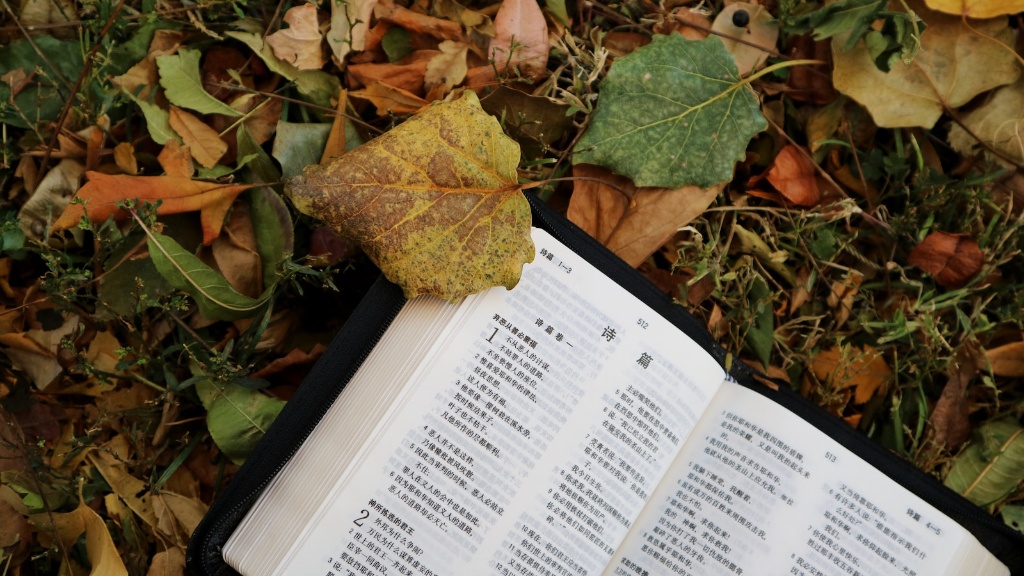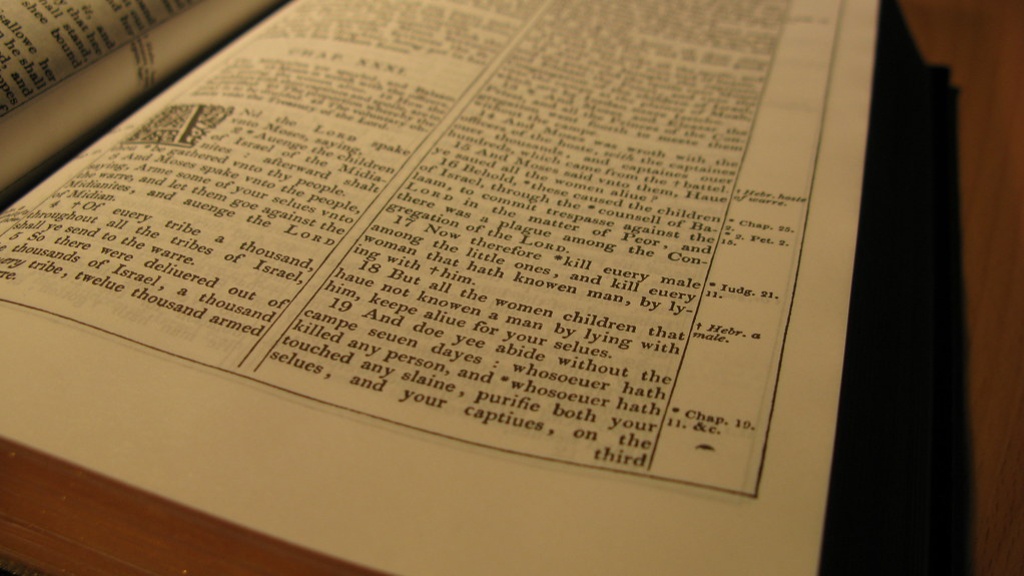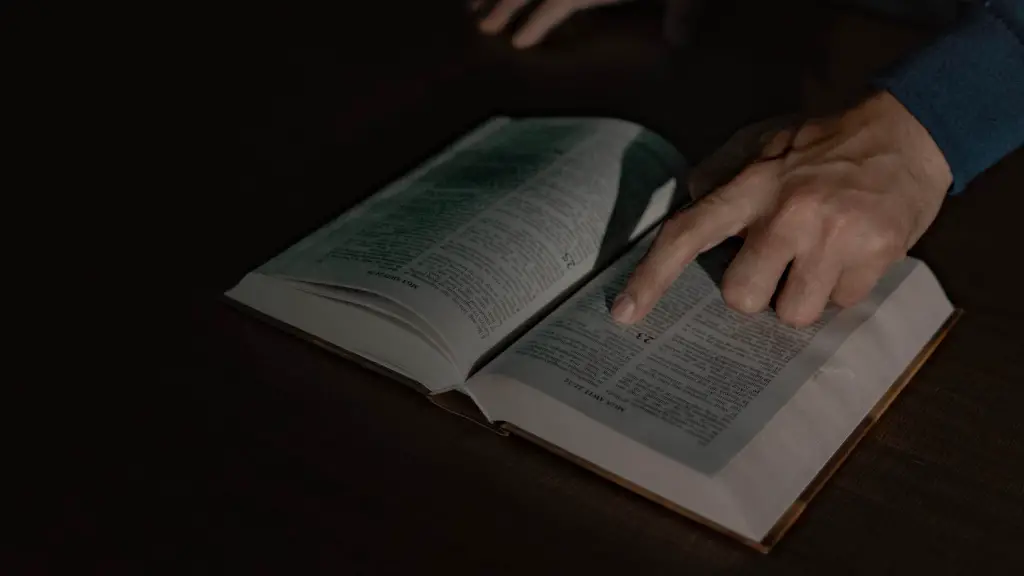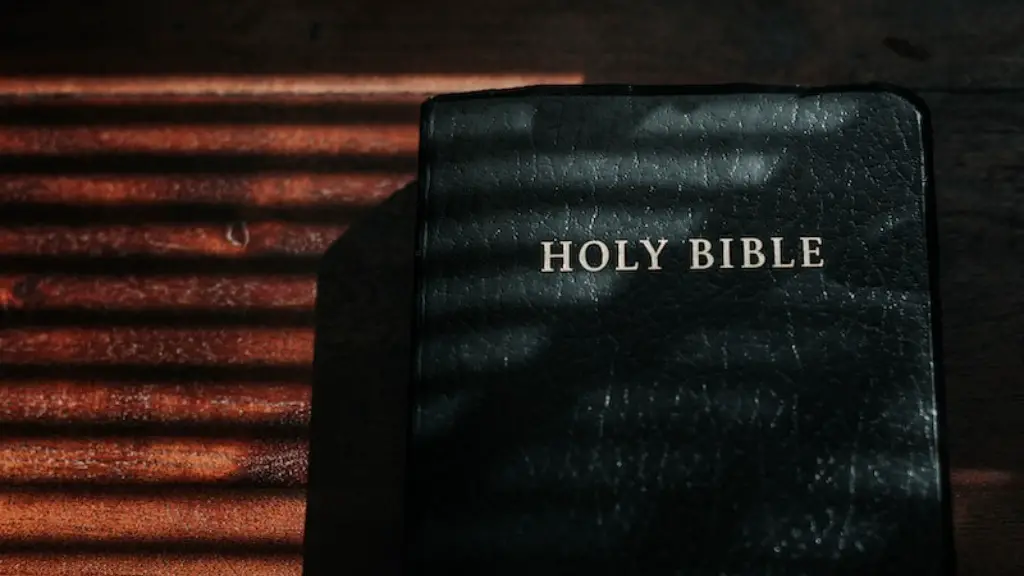Hallows Eve Pagan Rituals and Origins
Halloween is an ancient holiday of Celtic origin (that predates Christianity) and is a mix of several cultures throughout Europe. It honours the dead and spirits, and celebrates the changing of the seasons. Bonfires are lit, costumes are donned, games are played and treats are shared. But is there any reference to Halloween in the Bible?
The simple answer is no, the holiday is not in the Bible. Impressions of Halloween can be seen in the Old Testament, such as Deuteronomy 18:10-12 which warns against necromancy and divination. This is thought to refer to pagan rituals such as trying to communicate with the dead or spirits. Although in the modern sense this has nothing to do with Halloween, in some ancient cultures, such rituals were held at different times of the year, including Samhain or the Celtic festival of the dead that is associated with the modern holiday.
The holiday has connections to pre-Christian Christianity, notably All Saints Day, when Christians were able to recognise and honour those named saints. In AD 835 Pope Gregory III changed the date of All Saints’ Day from the 1st of May to the 1st of November. This replaced Samhain (1 November) as the primary holiday and pushed the pagan rituals associate with it to the side. It was on this day that people used to visit cemeteries, pray for the souls of the dead, and make offerings to the gods.
The modern day celebration of Halloween is a combination of Christian and pagan beliefs. While it is not in the Bible, there is much evidence to suggest that the Bible – and Christian teachings in general – have had an influence over the history and development of the holiday. Traditions such as costumes, bonfires and harvest celebrations have strong symbolic ties to biblical stories, such as lights being offered as a tribute to God or Jesus.
The Bible also speaks of a tradition of celebrating holidays. The Jewish holidays of Passover, Pentecost and Yom Kippur were celebrated with feasts and gifts, while the early Christian church had its own festivals which were celebrated in turn. In some ways, Halloween could be seen as a continuation of those ancient festivals, held in homage to the spirits of the dead and the changing of the seasons.
The Relevance of Trick Or Treating Today
Today, trick-or-treating is one of the main traditions of Halloween. While the origin of this custom is disputed, many experts agree that it comes from the European customs of ‘mumming’ and ‘guising’. Dating back to Medieval times, it was believed these rituals masked people from the spirits of the dead. In the last few centuries, these customs have been adopted in different countries, particularly in the United States.
While the biblical interpretation of Halloween is primarily negative, the message has become diluted over the years. Trick-or-treating is now seen as a fun activity that brings communities together and helps children learn social skills. Such activities also contribute to neighbourhood safety and positive youth development.
Although Halloween is not mentioned in the Bible, it has become an important tradition for many Christians. It’s a way to remember those who are no longer with us and celebrate the start of a new season. It helps to build bridges between different cultures, and encourages understanding and tolerance. As it does not appear in the Bible, followers are free to participate and create their own meaning for the holiday.
Trick or treating is also a great way to help kids understand and appreciate their own cultures, as well as those of others. It’s a way to celebrate the transformative power of imagination by dressing up in costumes, imitating favourite characters and learning how to be safe. Trick or treating is still rooted in ancient European traditions, yet its continued popularity in the 21st century shows that it is still relevant today, both to Christians and to those of other religions or backgrounds.
The Symbolic Power of Halloween Decorations
Halloween decorations have become increasingly popular over the years, with people decorating their homes with pumpkins, witches, spiders and ghosts. There is a powerful symbolic significance to many of these decorations, and some have been around for centuries. For example, the pumpkin is a symbol of death and the afterlife, while witches represent powerful supernatural forces.
Similarly, the black cat has been associated with witches and a number of different supernatural creatures for centuries. Other symbols such as bats, owls, and spiders are thought to be connected to the spirit world. These symbols all have strong religious roots, rooted in ancient mythologies, pagan rituals and Christian beliefs.
The decorations make the world seem more magical, and remind us of our history and cultural roots. They are a way to pay homage to the dead and to the spirit world. They make us pause, reflect and consider our own mortality, reminding us that life is precious and not to be taken lightly.
By embracing these traditional symbols, we can embrace our history and deepen our connection to the spirit world. Decorations can be used as a way to teach children about different cultures, mythologies and religious beliefs – something which is essential in a multicultural world.
Current Church Attitudes To Celebrating Halloween
For many Christians, especially in the United States, it can be difficult to balance their own understanding of Christianity and celebrating holidays such as Halloween. On the one hand, it celebrates something which is not necessarily in line with their faith. On the other hand, there are strong traditions and symbols associated with the holiday which they may want to embrace.
As a result, attitudes towards celebrating Halloween vary between Christians and between denominations. The Catholic Church has been more open to embracing the holiday as it has become more mainstream, although some conservative Christians continue to frown upon observing it. Some churches have chosen to focus on alternative activities such as harvest festivals, and some have even incorporated aspects of Halloween into their own services and traditions.
At its heart, Halloween is a way to remember and commemorate those who have passed away. It is also a time to reflect on the beauty of nature and the changing of the seasons. As such, it is a powerful and important holiday for many, regardless of their beliefs. It is a time to think of those who have gone, a time to remember the importance of life, and a time to celebrate the joy of the autumn.
Modern Pagan Rituals and Interpretations Of Halloween
Halloween has been embraced in different ways by different cultures and beliefs systems over the years. Today, it is predominantly associated with secular celebrations and activities, such as trick-or-treating and decorating pumpkins. However, some pagans still take part in rituals associated with the holiday.
Pagans often celebrate Halloween as the ‘Festival of the Dead’, where they honour their ancestors and remember those who have passed away. They may also take advantage of the holiday to perform rituals such as casting spells, divining the future, or communing with spirits. Some rituals involve wearing masks and costumes, burning bonfires, and dancing around maypoles.
For some pagans, Halloween is about coming together to celebrate the end of the harvest season, and to honour the spirits of the dead. Rituals and activities are seen as a way to remember the cycle of life and death, and to express appreciation for the natural cycles of the year.
In recent years, there has been a rise in the number of pagans celebrating Halloween and taking part in traditional rituals. With its long and complex history, the holiday has become rich with meaning and symbolism. As such, it is an important and powerful occasion for many pagans, and one which continues to evolve and grow.
The True Meaning Of Halloween
Halloween is a holiday with a rich and complex history. It has its roots in pagan rituals, and its traditions are a mixture of Christian, Celtic, and pre-Christian customs. While it is true that the holiday is not mentioned in the Bible, it has undoubtedly been influenced by biblical teachings, with symbols and traditions intertwined with stories from the Old and New Testament.
Today, Halloween is celebrated by people of many different faiths and backgrounds. It is a time to honour and remember the dead, and to celebrate the changing of the seasons. It is also a great opportunity to teach children about different cultures and beliefs, and to bring communities together. Regardless of its origins, Halloween is an important and powerful occasion, one which we can all appreciate and embrace.
Conclusion
From its pagans roots to its modern-day celebrations, Halloween is a holiday that has many layers of meaning and symbolism. Its traditions are rooted in Christian, pagan, and pre-Christian beliefs, and its relevance has grown significantly over the centuries. It is a time to honour the spirits of the dead, to celebrate the harvest season, and to come together as a community.
Although the holiday is not in the Bible, its influence can be seen in its symbols and traditions. For many, it is a way to reflect on the past and explore their own culture, while for others it is a chance to explore the wider world. In any case, Halloween is a powerful and important occasion with meaning for people of all faiths and backgrounds.
